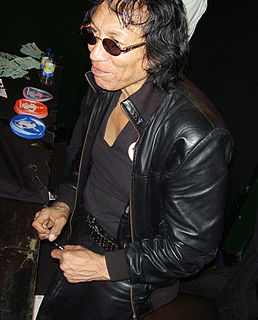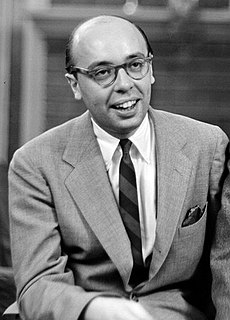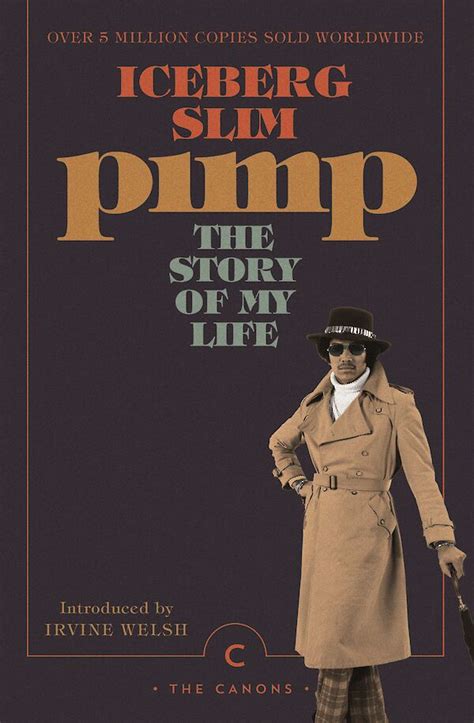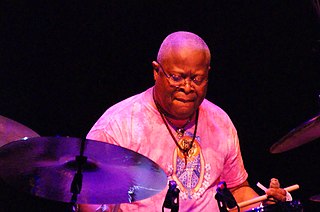A Quote by Michael Tilson Thomas
The whole path of American music has been so much about the recognition of stylistic diversity, and the recognition of the importance of music which was from one of the vernacular traditions.
Related Quotes
The music industry went through such a strange stretch in 1977, especially in this country, with the whole punk rock thing coming about. Punk was rebellious-and justified in that response-but it had very little to do with music, and so it created a highly-charged but frighteningly floundering atmosphere that I found very, very disheartening. Musical quality for me has always been an important part of rock'n'roll-and winning recognition for that has long been an uphill battle all the way. Punk seemed like rock'n'roll utterly without the music.
I read a lot - surveys of vernacular music. A lot of it is the Harry Smith Anthology of American Folk Music, which I've loved since I was in high school. They had it at the library and I always thought that was interesting, even when I was into punk and stuff. Just the history of storytelling and the amount of melancholy a lot of old music has.
As far as being an African artist, my inspiration has been the fact that I'm a part of the generation that will put Nigerian African music on a global scale. It's been a long road for us, but I believe we're finally at that point where we can showcase our music to the world and get international recognition.
The important thing is this: that, under such government recognition as we may give to that which is beneficent and wholesome in large business organizations, we shall be most vigilant never to allow them to crystallize into a condition which shall make private initiative difficult. It is of the utmost importance that in the future we shall keep the broad path of opportunity just as open and easy for our children as it was for our fathers during the period which has been the glory of America's industrial history.
I call this my church house trilogy. Souls' Chapel really was music from the Mississippi Delta, which to me is a church within itself. The Delta is the church of American Roots music. The Badlands is a cathedral without a top on it. And the Ryman has been called the Mother Church of Country Music, but to me it's the Mother Church of American Music. If you can think it up, it's been done there. In my mind, this is kind of a spiritual odyssey as much as anything else, and I had the settings of three churches to make it in.
Truth of the matter is, jazz is American music. And that doesn't mean bebop. Jazz is really about improvising. All the music that's been created in America has been pretty much improvised... Whether it's hillbilly or rock n' roll for blues, it's basically jazz music... It's basically about another way of hearing what comes out of America.
What we call music in our everyday language is only a miniature, which our intelligence has grasped from that music or harmony of the whole universe which is working behind everything, and which is the source and origin of nature. It is because of this that the wise of all ages have considered music to be a sacred art. For in music the seer can see the picture of the whole universe; and the wise can interpret the secret and nature of the working of the whole universe in the realm of music.
Productive collaborations between family and school, therefore, will demand that parents and teachers recognize the critical importance of each other's participation in the life of the child. This mutuality of knowledge, understanding, and empathy comes not only with a recognition of the child as the central purpose for the collaboration but also with a recognition of the need to maintain roles and relationships with children that are comprehensive, dynamic, and differentiated.



































